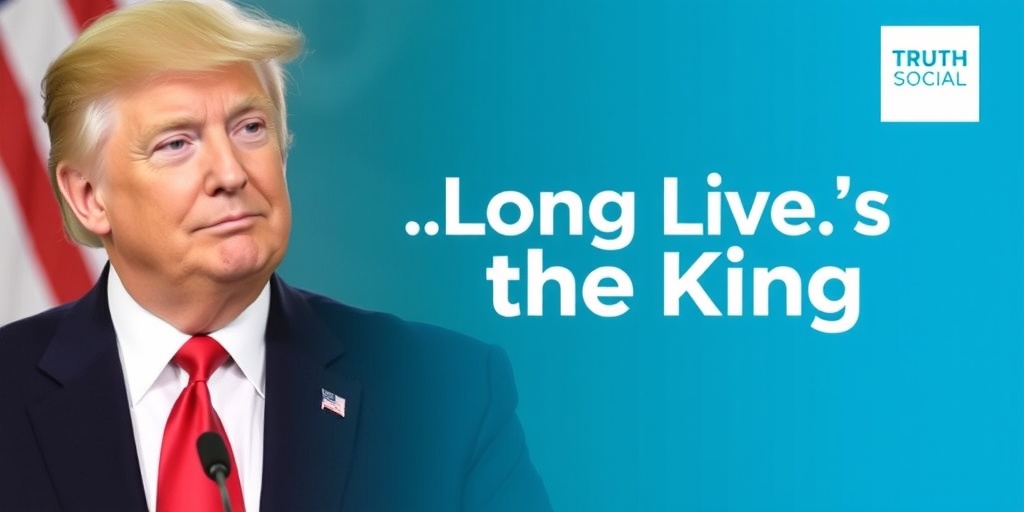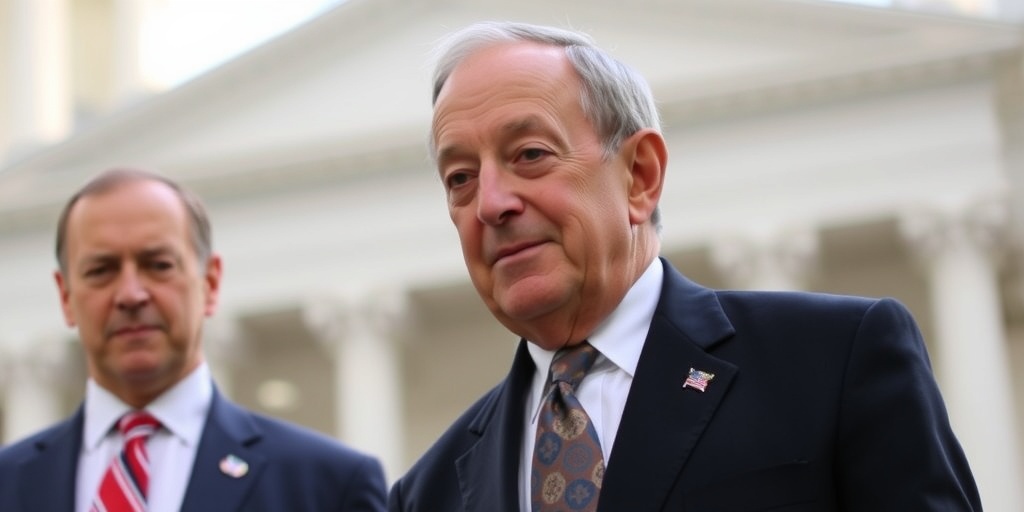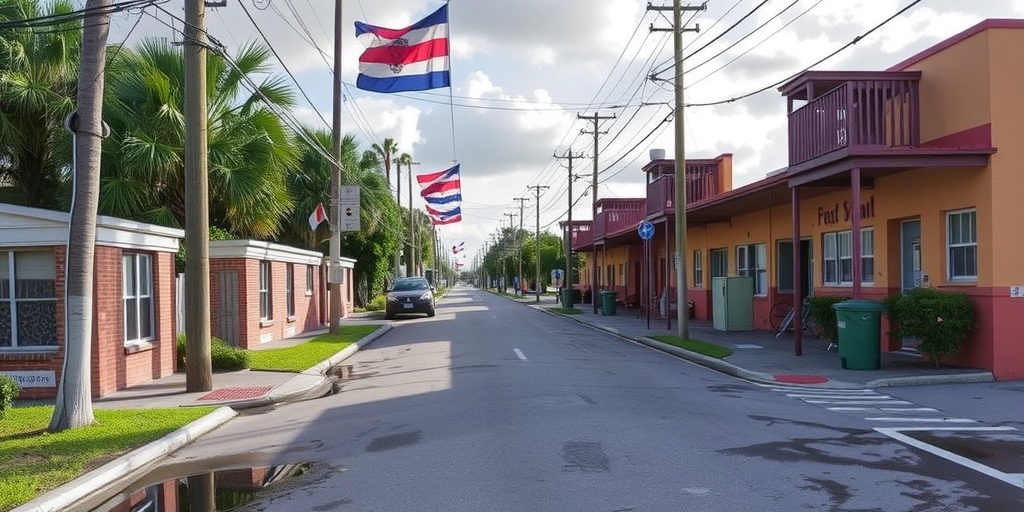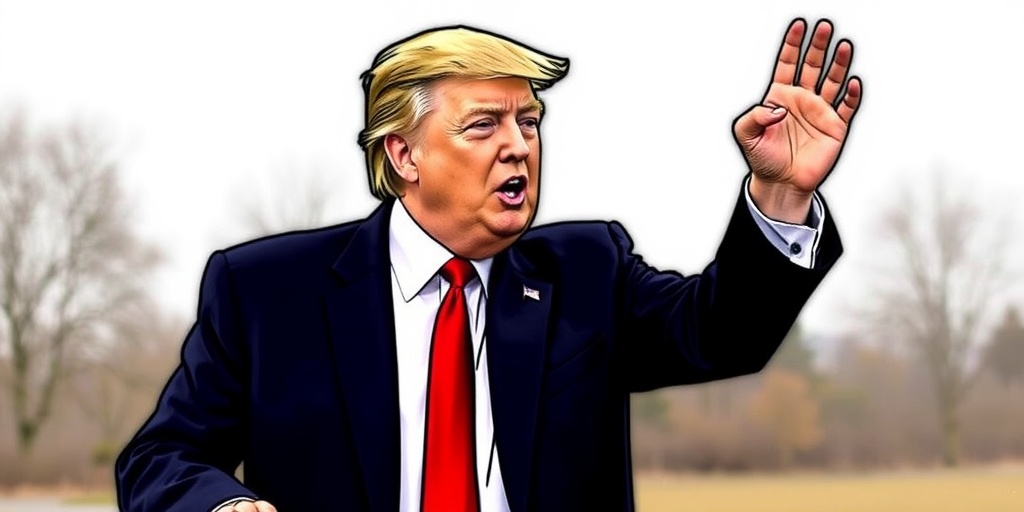Now Reading: Trump’s Disruption of the Presidential Pardon Process
-
01
Trump’s Disruption of the Presidential Pardon Process
Trump’s Disruption of the Presidential Pardon Process
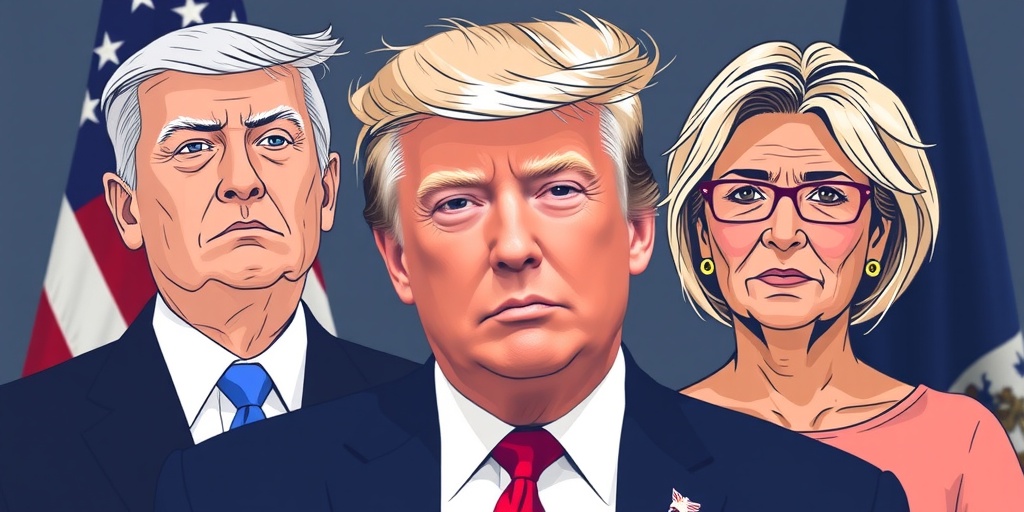
Title: The Rise of an Executive Clemency Market Amidst Trump’s Pardon Discussions
As discussions surrounding former President Donald Trump’s potential pardons for his allies continue to make headlines, a surprising new market for executive clemency has emerged. This phenomenon is shedding light on a questionable landscape where individuals once facing serious legal repercussions are now actively seeking presidential forgiveness, hoping to benefit from a political climate that appears increasingly permissive toward such actions.
The once-clear lines defining legal culpability have blurred in this environment, as the motivations behind seeking a pardon have become complex and multifaceted. Kenneth P. Vogel, a seasoned reporter for The New York Times who specializes in the intricate connections between money, politics, and influence, has turned his focus to this burgeoning trend, exploring the individuals who find themselves in desperate searches for pardons.
In the context of Trump’s presidency, a distinctive pattern has emerged. Trump has shown a remarkable willingness to pardon associates, many of whom have been embroiled in controversies that paint them in a negative light. Cases involving campaign aides, political allies, and even family members have raised eyebrows and sparked debates about fairness and the integrity of the legal system. The specter of clemency has now become a strategic tool in Trump’s political arsenal, which some see as a means of rewarding loyalty while others criticize it as a potential abuse of power.
This climate of executive clemency has given rise to an unexpected market. With the perception that certain individuals in Trump’s inner circle may receive favorable treatment, many who have faced legal challenges are now mobilizing to position themselves as beneficiaries of presidential pardons. Legal experts note that this trend reflects a growing belief among some that clemency may be attainable simply through the right connections and advocacy.
The individuals seeking pardons fall within various categories. Some are former associates of Trump who have been convicted of crimes and are currently serving their sentences. Others are individuals who have been charged but have yet to go to trial. The unifying factor among them is a belief that their circumstances might shift favorably under a Trump-led administration or potentially a re-election campaign.
As Vogel examines the stories of those seeking pardons, he uncovers a range of motivations. For some, it may be a second chance—an opportunity to not only clear their names but also to restore their reputations and move forward with their lives. Others, however, might see this as a means to gain leverage in their political maneuvering, potentially even as a bargaining chip in future negotiations should Trump’s political fortunes shift.
Critics argue that this pardon culture fosters a troubling precedent. It could create an environment where individuals are incentivized to act unethically, knowing that they may receive a reprieve if they align themselves closely with powerful figures like Trump. This could lead to a situational morality, where loyalty to a political leader trumps accountability for actions that may breach ethical or legal norms.
The implications of this evolving landscape are significant, both for those within Trump’s orbit and for the broader political landscape as well. The emergence of a clemency market introduces questions about the role of executive power and how it might be wielded in a manner that could undermine the foundational tenets of justice. As a society, people are left to grapple with whether justice can flourish in an environment characterized by such political favoritism and unpredictability.
The issue of pardons isn’t novel; however, the speed and transparency with which individuals are seeking them now reflects a unique blend of fear, opportunity, and political strategy. As Vogel’s investigation into the individuals pursuing pardons reveals, the implications of this evolving market stretch far beyond mere personal redemption; they touch upon the essence of justice, public trust, and the integrity of political institutions in contemporary America.
In conclusion, the ongoing discussions surrounding executive clemency, particularly in the context of Trump’s administration and potential re-election, underscore the challenges faced in holding individuals accountable while navigating the political intricacies of loyalty and ambition. As more stories are unearthed and more individuals seek the elusive hope of a pardon, the nation watches closely to see how this impactful trend will ultimately shape the political and legal landscape.
Stay Informed With the Latest & Most Important News
Previous Post
Next Post
-
 01New technology breakthrough has everyone talking right now
01New technology breakthrough has everyone talking right now -
 02Unbelievable life hack everyone needs to try today
02Unbelievable life hack everyone needs to try today -
 03Fascinating discovery found buried deep beneath the ocean
03Fascinating discovery found buried deep beneath the ocean -
 04Man invents genius device that solves everyday problems
04Man invents genius device that solves everyday problems -
 05Shocking discovery that changes what we know forever
05Shocking discovery that changes what we know forever -
 06Internet goes wild over celebrity’s unexpected fashion choice
06Internet goes wild over celebrity’s unexpected fashion choice -
 07Rare animal sighting stuns scientists and wildlife lovers
07Rare animal sighting stuns scientists and wildlife lovers













